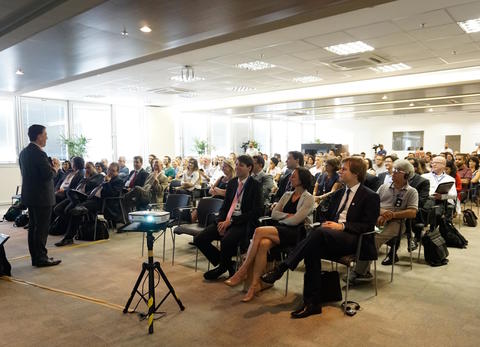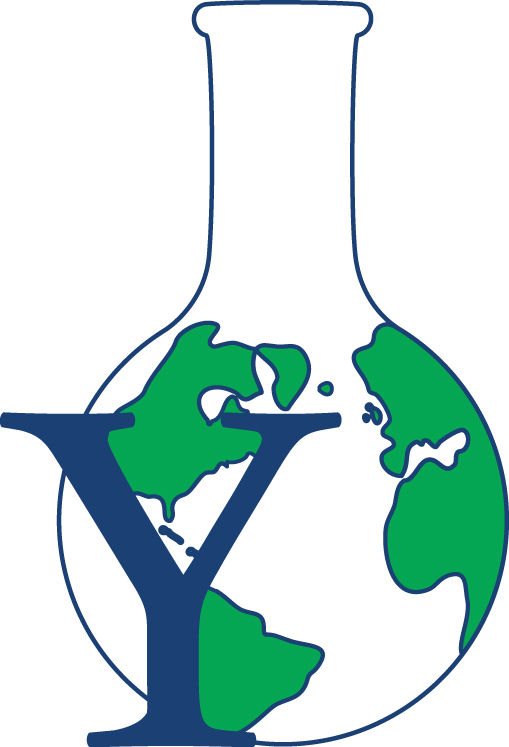
Yale School of Forestry and Environmental Studies’ Center for Green Chemistry and Green Engineering at Yale (CGCGE) has entered into a three-year global collaboration that will promote the principles and implementation of green chemistry in low- and middle-income countries.
The Global Project on Green Chemistry, a public-private initiative led by the United Nations Industrial Development Organization (UNIDO), will increase global awareness and deploy green chemistry approaches and technologies.
Drawing on a large research consortium led by experts at the Yale center and other international partners, the collaboration will develop curricula and training on green chemistry practices.
Green chemistry is defined as the design of chemical products and processes that reduce or eliminate the use and generation of hazardous substances.
“Green Chemistry approaches have benefited people around the world by making the products people use safer and their manufacturing processes less polluting.” said Paul T. Anastas, the Director of the Center.
While many nations have enacted laws and established structures to reduce the amount of chemicals used — and numerous companies have adopted chemical management programs to reduce the use of hazardous chemicals — the increasing variety and complexity of chemicals expose serious gaps in government and international policies and corporate practices.
As a partner in the collaboration, the Center for Green Chemistry and Green Engineering at Yale will provide technical content and organize training workshops for partner institutions in other countries.
“We are very happy to be working with UNIDO and GEF on this important project.” Anastas added.
The Center for Green Chemistry and Green Engineering at Yale, which is based at the Yale School of Forestry & Environmental Studies, advances sustainability by catalyzing the effectiveness of the green larger chemistry community through research, policy and outreach, education, international collaborations, and working with industry.
While the Center’s education program is focused on teaching undergraduate and graduate students in the principles and practices of green chemistry, it also provides opportunities for faculty training and offers development and dissemination of curriculum materials on green chemistry and green engineering to practitioners as well.
The Global Project on Green Chemistry is funded by the Global Environment Facility (GEF), a partnership that uses targeted investments to address some of the world’s most challenging issues.
“The GEF is pleased to fund this first global public-private initiative that will help bridge the gap between science and real-world application of Green Chemistry approaches,” said Evelyn Swain, Environmental Specialist at the GEF.
UNIDO is a leader in chemicals management, having advanced initiatives that address the challenges of hazardous chemicals through holistic, wide-ranging actions and preventive design and management of chemicals and waste.
Other partners in the global project include the German Federal Environmental Foundation and Braskem, the largest thermoplastic resins producer in the Americas.
The collaboration was officially launched during an event in Brazil, which was attended by more than 150 participants from industry, science, policy, and other professional backgrounds. In addition to numerous presentations about the different facets of green chemistry — including a keynote by Prof. Paul T. Anastas — green chemistry experts from Brazil, Egypt, Peru, Serbia, South Africa, and Sri Lanka gave presentations on the potential for green chemistry in their countries.
